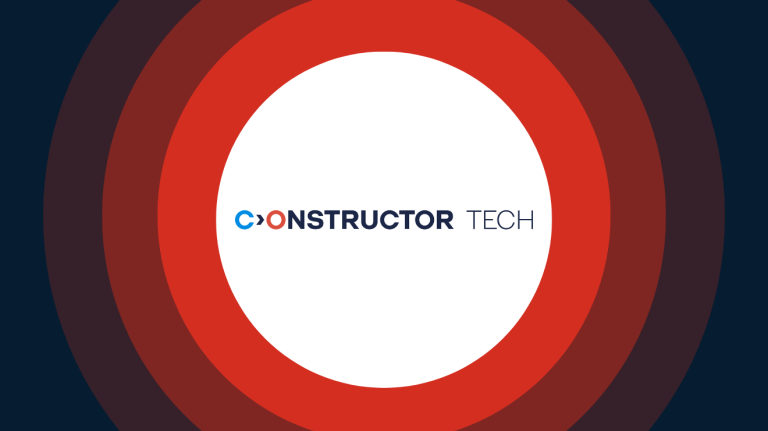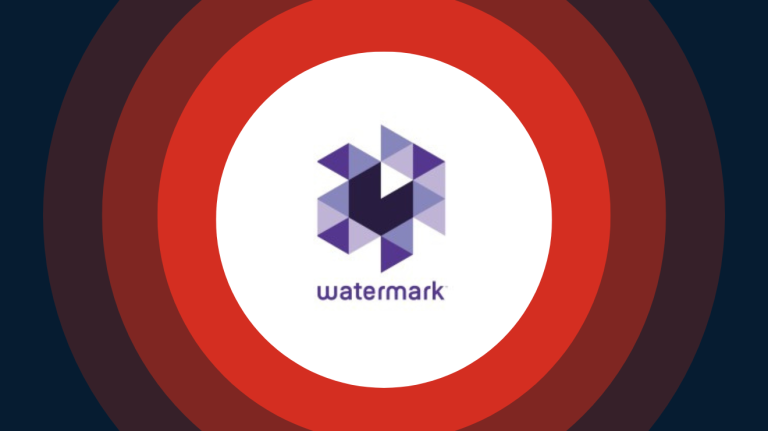In edtech, evidence matters.
The Every Student Succeeds Act (ESSA) requires federal funds to be used for evidence-based interventions and defines four levels of evidence to meet this requirement and encourage innovation. In response, districts and other education agencies are increasingly demanding a solid evidence base behind the products they choose. Edtech providers are stepping up and engaging in some really rigorous, meaningful research to show the impact their products have on student outcomes.
The commitment that leading edtech providers are demonstrating to research and evidence is commendable and a great sign for future innovation and student outcomes. But, just like any other feature or service, that research work needs to be shared if it’s going to have an impact. Education solution providers need to make sure their evidence base is getting the attention it deserves, and that means properly equipping internal teams with the information and resources to talk knowledgeably about the research-backed value their product brings to the education market.
Read on for 5 tips to bring research at your edtech organization out of the ivory tower and into the limelight with your marketing and customer-facing teams.
Host research-focused internal team training.
Keep your internal teams in the loop about evidence efforts. Training sessions led by the individuals spearheading your efforts are a great way to build awareness and make cross-functional connections. Just make sure to remember the audience for these trainings — they are only effective when research practices (which can be complex!) are translated into laypersons’ terminology. Focus on the practical applications and benefits of the research your team is working on rather than in-the-weeds details.
Create a clear talk track about research at your organization.
Documentation is key when it comes to preparing everyone in your organization to speak effectively to research and evidence. It is not about volume, however, but rather about having the right documentation. We suggest starting with a research vocabulary dictionary, an ESSA requirements cheat sheet, and a stat sheet that quantifies your teams’ accomplishments (number of ESSA-aligned product studies completed, collective years of experience on the research team, etc.), with a clear talk track. The talk track should be vetted for concise, on-brand language that aligns with the kinds of conversations customer-facing teams regularly have.
Publish all research studies and always include an ‘Executive Summary.’
The easiest way to make sure the role and value of research is understood? Make the work accessible! Make sure research outputs–when appropriate to be customer-facing–are published on your organization’s website. Pair every published piece with context. Formal research studies can be difficult to digest for individuals without an academic background. They can also just be long and time consuming to read. Creating an ‘Executive Summary’ or ‘Research Brief’ document to complement long-form research outputs is a great way to make sure the value of your research team’s work can be understood by more people. It’s also a great opportunity to get your research, product and marketing teams collaborating and aligning on terminology and messaging.
Advertise your evidence base and educate your school, district and state partners.
Rigorous, legitimate research always comes with objective, outside evaluation and validation. There are third-party review and evaluation organizations that in-house edtech research teams regularly work with on their projects, and many offer seals, badges, or other certifications to acknowledge the quality research work they have partnered on. When your organization earns accolades like these, flaunt them! Make sure the digital badges and certifications you’ve earned have a prominent place on your website, in sales collateral, and at conference booths.
LearnPlatform ESSA Evidence Badges are earned by edtech solution providers upon completion of ESSA-aligned research studies executed or validated by the LearnPlatform research team to make sharing evidence easy and impactful! Learn more about Evidence-as-a-Service and the badging program.
Use research as a complement to traditional sales and marketing content
Providers work hard to prioritize research and get knowledgeable individuals in place to lead efforts. Make sure their expertise is shared! Seek out opportunities to submit to present at conferences and partner with marketing teams to plan evidence-focused webinars or blog posts. If you have an in-house research team, give them opportunities to share their work and passion in different mediums and settings to build their own careers AND your organization’s credibility. If you don’t have in-house researchers, lean on your third-party partners (like LearnPlatform) to engage in thought leadership activities. Your marketing and sales teams will love the fresh content!
LearnPlatform has partnered with dozens of edtech organizations to build and share their evidence base. See how Levered and Bamboo Learning have partnered with LearnPlatform to build evidence and share their commitment to research efforts. The right research partner can help you not only build your evidence base but also help you disseminate your results in the market.
Related Content
 panapto-blog-thumbnail.png
panapto-blog-thumbnail.pngBlogs
 constructor-tech-blog-thumbnail.png
constructor-tech-blog-thumbnail.pngBlogs
 canva-watermark-blog-thumbnail.png
canva-watermark-blog-thumbnail.pngBlogs

